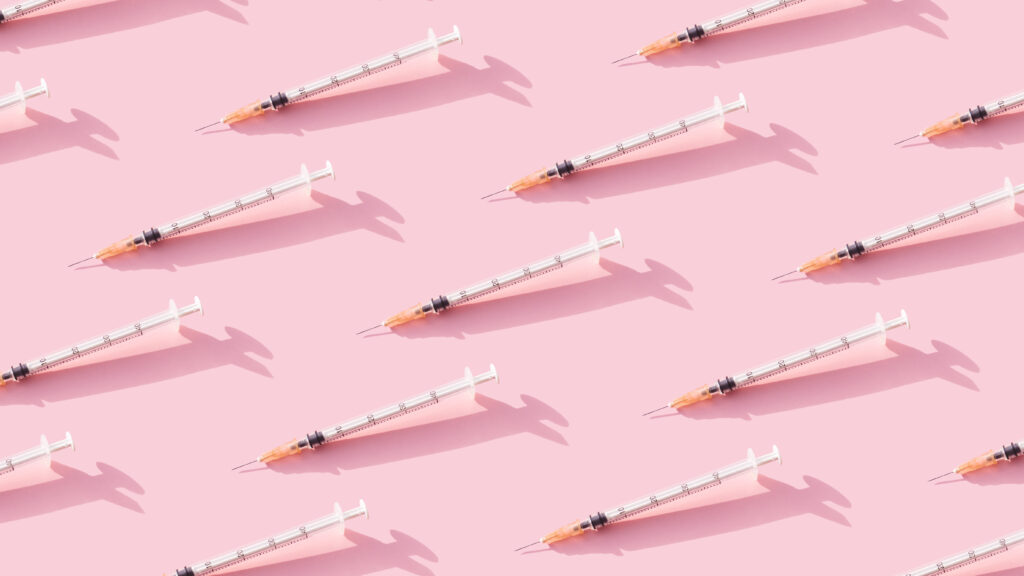Noom, Found, and Hims & Hers have all launched programs to prescribe “microdosed” GLP-1s in the last three months, following in the footsteps of many smaller direct-to-consumer telehealth companies. Microdosing is getting a shot of promotion from Hollywood, too: Noom has promoted its program alongside a new celebrity spokesperson, actor Rebel Wilson, and TV host Andy Cohen has been doing the rounds talking about his microdosing habit.
In their marketing, telehealth companies claim that compounded GLP-1s in small doses — starting lower than FDA-approved doses from Novo Nordisk and Eli Lilly — can reduce metabolic risk, lower inflammatory markers, and even lower the risk of cognitive decline.
Physicians and researchers say there is no robust clinical evidence that semaglutide or tirzepatide are effective at very small doses, and the drugs aren’t proven to help patients with many marketed symptoms. “Essentially these patients are guinea pigs, both on the efficacy side and the safety side,” said Reshma Ramachandran, a health services researcher and clinician at the Yale School of Medicine.
STAT+ Exclusive Story
Already have an account? Log in

This article is exclusive to STAT+ subscribers
Unlock this article — and get additional analysis of the technologies disrupting health care — by subscribing to STAT+.
Already have an account? Log in
Individual plans
Group plans
To read the rest of this story subscribe to STAT+.


